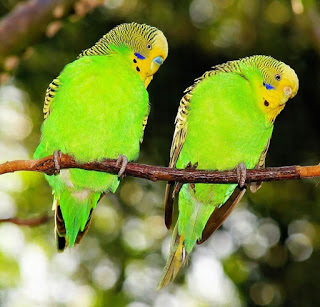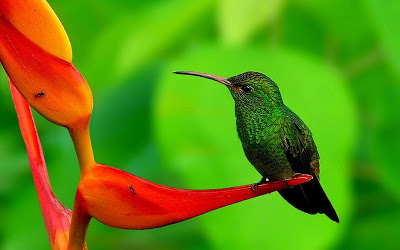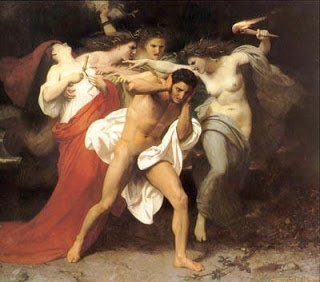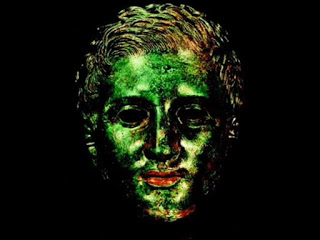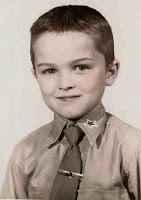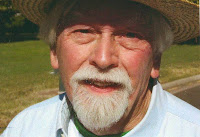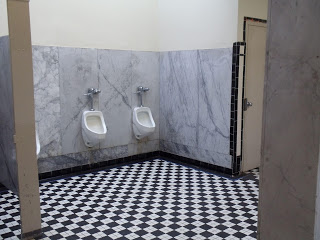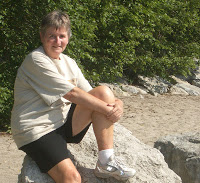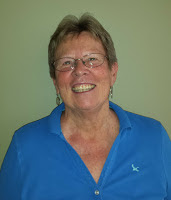The first part of this story will be a boring repeat for those who have been in this group for a while, in fact I am just pulling small parts from other writings, so I’ll try to keep it short. It returns – no surprise – to my childhood and the subsequent angst of my inner child.
My mother taught the younger children in one room of the local two-room school. Over time my dad and I heard every struggle, every humorous incident, every cute utterance involving every child passing through my mother’s classroom. When she wasn’t talking about them, she was studying new methods to teach them, or devising educational games for them to play.
They were her life.
She taught me, too, for the first few years of my school life.
Slowly it came to me, though, that I was never one of those she told my father about with such gusto, or pathos, or humor. Why? Wasn’t I as interesting or funny or sad as all the rest of them? Why wasn’t I her most important child?
The ugly green-eyed monster began to raise it’s ugly head.
In 1955, I had Asian flu. I stayed home in bed and my mother promised to check up on me at lunchtime, her school being just a five-minute walk from our house.
My day proceeded through an elevated-temperature induced haze, but I was sufficiently conscious to look forward to my mother’s arrival; a cool loving hand on my sweating brow. Lunchtime came and went and I knew she had forgotten me. Me. Her own daughter. Her own sick-in-bed daughter. All those other bloody kids had come between us. They were all she had room for in her mind or her heart. But it should have been me. I should be the one who filled her heart. Not them. I sobbed in emptiness and anger.
The green-eyed monster proudly puffed himself up.
A few years later, my aunt told me that my parents had had two children who lived and died before I was born. They died of meningitis at the ages of two and three. Slowly, as I came to grips with this new knowledge, it began to throw a little murky light on my parents’ emotions, especially my mother’s.
However, understanding intellectually that my mother could not afford to be as close to me as I wanted, needed, her to be, for fear of leaving herself vulnerable to more unbearable pain, was one thing. Watching her showering other, safer, children with that love I craved, was quite another. Why, why, why? screamed inside my head.
Still more subliminally, always craving to be number one, I lived in constant competition with two dead children; not a competition I was ever going to win.
Over the years, the emptiness, receded but never disappeared. The green-eyed monster dozed with one eye open so as not to miss an opportunity.
After my mother died I found a few old faded black and white photos at the bottom of a drawer; two smiling happy children, two smiling happy parents. I stared at my grinning father wheeling the two toddlers in his wheelbarrow. Why had I never seen him with a broad grin like that? Why had I never managed to bring him such joy? Why them and not me? Why was I never number one?
In 1987, I entered into a seriously committed relationship with my Beautiful Betsy, who was, as a mother should be, already in a seriously committed relationship with her children. The green eyes opened wide. The monster stirred and smiled a sly smile. Time to wake up! He bided his time and at first all was fine. But slowly those old crazy feelings began to take shape. She loves them more than me began the whispers, eventually becoming screams, in my head. Oh, intellectually I knew, of course, that the love for a child is completely different from the love of a partner, and in any case love is not a finite commodity, there is enough and more to go round, but that did nothing to still the screams. If we are married, which we always considered ourselves to be, regardless of laws, then I am supposed to be number one. Aren’t I? Aren’t I?
Betsy has what I believe to be a closer than average relationship with her daughters, and of course I wouldn’t wish it any other way. However, it made for a bad juxtaposition of energies; the yin and the yang. But the last thing I wanted was to cause pain to Betsy and those she loved, and most of all, I freely admit, I did not want to create further pain for myself. I had to kill the monster. Thus began a quest for spiritual enlightenment which still continues today. Through it I have discovered a level of deep peace which I never knew before. If I ever knew such peace of the soul existed, it somehow seemed reserved for a lone monk sitting cross-legged on a mountain top, not for me. I never dreamed it could and would exist for me. And if I sound rather like a born-again, that is because I am. Not through religion: not through sudden belief in another being, but a new belief in myself and my world and everyone and everything in it. I am at peace with the messy past, the glorious present, and the future, whatever it may bring.
But I did not succeed in cutting off that monster’s head; I merely shot a tranquilizer dart.
I know that I must always remain alert for the re-emergence of those evil green eyes.
© April 2016
About the Author
I was born and raised in England. After graduation from college there, I moved to the U.S. and, having discovered Colorado, never left. I have lived in the Denver-Boulder area since 1965, working for 30 years at IBM. I married, raised four stepchildren, then got divorced after finally, in my forties, accepting myself as a lesbian. I have been with my wonderful partner Betsy for thirty years. We have been married since 2013.


